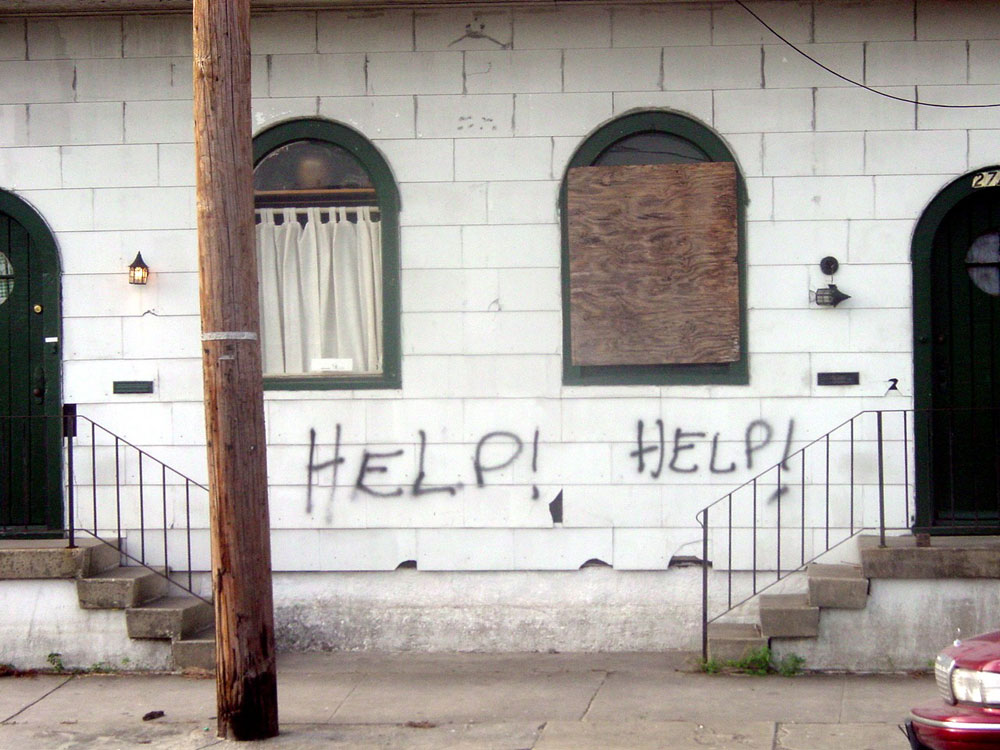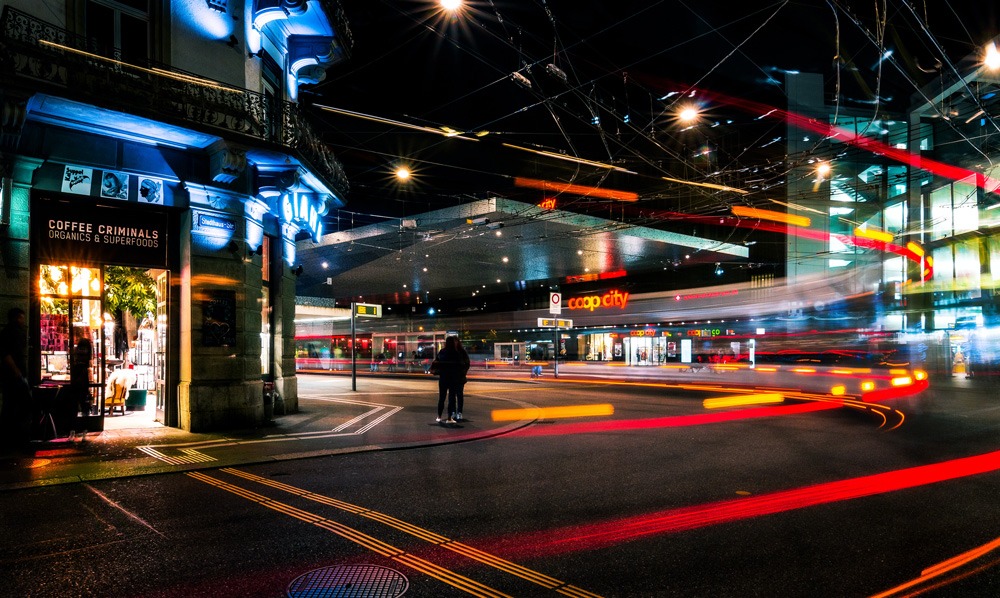
May 6, 2020; San Francisco Examiner
Even at the very start of this lockdown, NPQ noted that certain types of nonprofits were more likely than others to see immediate losses both of revenue and staff. We noted at the time that recreational organizations, like the Boys and Girls Clubs and certain Y’s, would be affected first because they would need to almost completely close out their services. Many of the largest of them, however, have staffs of more than 500, leaving them ineligible for the portion of Paycheck Protection money that provides forgivable loans. This puts them at high risk unless they have sufficient money in reserves to weather what has become a very long storm, one with the possibility of growing stronger in the future.
Two CEOs of such organizations—William Rogers, CEO of Goodwill San Francisco, San Mateo and Marin; and Chuck Collins, CEO of the YMCA of San Francisco— published an op-ed in the San Francisco Examiner this morning to point out that their business model places them at acute risk, in that they largely depend on earned income from those who visit their sites, and to ask for relief:
Today, with shelter-in-place orders in effect, we’ve been forced to drastically curtail the services we regularly offer. While most nonprofits are funded through philanthropy, closing our doors means our organizations are at dire economic risk. This is particularly distressing as this crisis has only increased demand for the very services we provide.
Sign up for our free newsletters
Subscribe to NPQ's newsletters to have our top stories delivered directly to your inbox.
By signing up, you agree to our privacy policy and terms of use, and to receive messages from NPQ and our partners.
Still, we’ve done all we can to adapt and continue providing crucial services. At YMCA, we began offering childcare services to our frontline healthcare workers and increased access to both our food pantries and Family Resource Centers. At SF Goodwill, we continued paying our employees for as long as was financially viable, transitioned our job training and career services programs to virtual platforms, and began helping folks navigate unemployment benefits.
They point out that strip clubs and gun shops qualify for help under the CARES Act, while YMCAs, Goodwills, Salvation Armies, and Boys and Girls Clubs do not. We are not sure how persuasive that argument would be to all legislators or to the president of the US, but they offer some amendments to the CARES Act that would provide for their difficulties. They ask for the following:
- Define nonprofit social enterprises (SE) as mission-driven organizations that use a market-based business model geared to maximize social impact.
- Permit nonprofit SEs to qualify for the PPP via an expanded site-exemption provision.
- Expressly provide $75B for nonprofit organizations.
- Expand the Universal Charitable Deduction included in the CARES Act.
- Urge the Federal Reserve to include nonprofits and SEs in its CARES Act “Main Street” lending facility.
- At the state level, provide relief to nonprofits that opted out of the State Unemployment Tax program and chose instead to self-insure for purposes of unemployment.
—Ruth McCambridge













